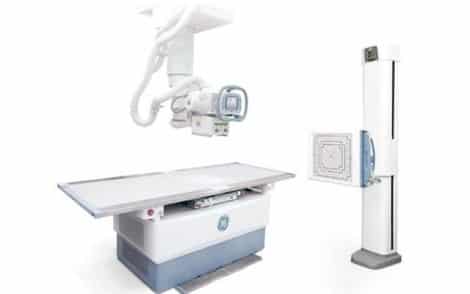

“We look at the best practices and core principles all these products should abide by,” she says. Launched in 2017, the alliance is a global non-profit trade association that aims to set standards and promote integration into health care.

“Digital therapeutics have been on the market for about ten years, but there’s only been a few of them,” says Megan Coder, executive director of the Digital Therapeutics Alliance (DTA), headquartered in Arlington, Virginia. But as the number of platforms and devices claiming to provide health benefits balloons, medical regulators and industry groups are scrambling to ensure that standards of clinical evidence are met. Such technologies have the potential to transform both physical and mental health care. As well as VR, the rapidly expanding field also includes online therapies to help people to adopt healthy behaviours, and social robots and smart pills that boost the effectiveness of prescription drugs by improving people’s adherence to dosing guidelines. GameChange is at the advanced end of a spectrum of therapies that use digital technology to prevent, manage and treat health conditions. The idea behind gameChange is to put people with psychosis in simulations of the situations they fear, to help them to learn they are safe and, hopefully, to relieve their symptoms generally. Because people experiencing psychosis often think bad things will happen in social situations, such as people trying to hurt them, they withdraw socially, leading to isolation and strengthening of their beliefs. The scene before me is one of several scenarios that make up gameChange - a VR system that Freeman and his colleagues are developing to treat psychosis.


 0 kommentar(er)
0 kommentar(er)
